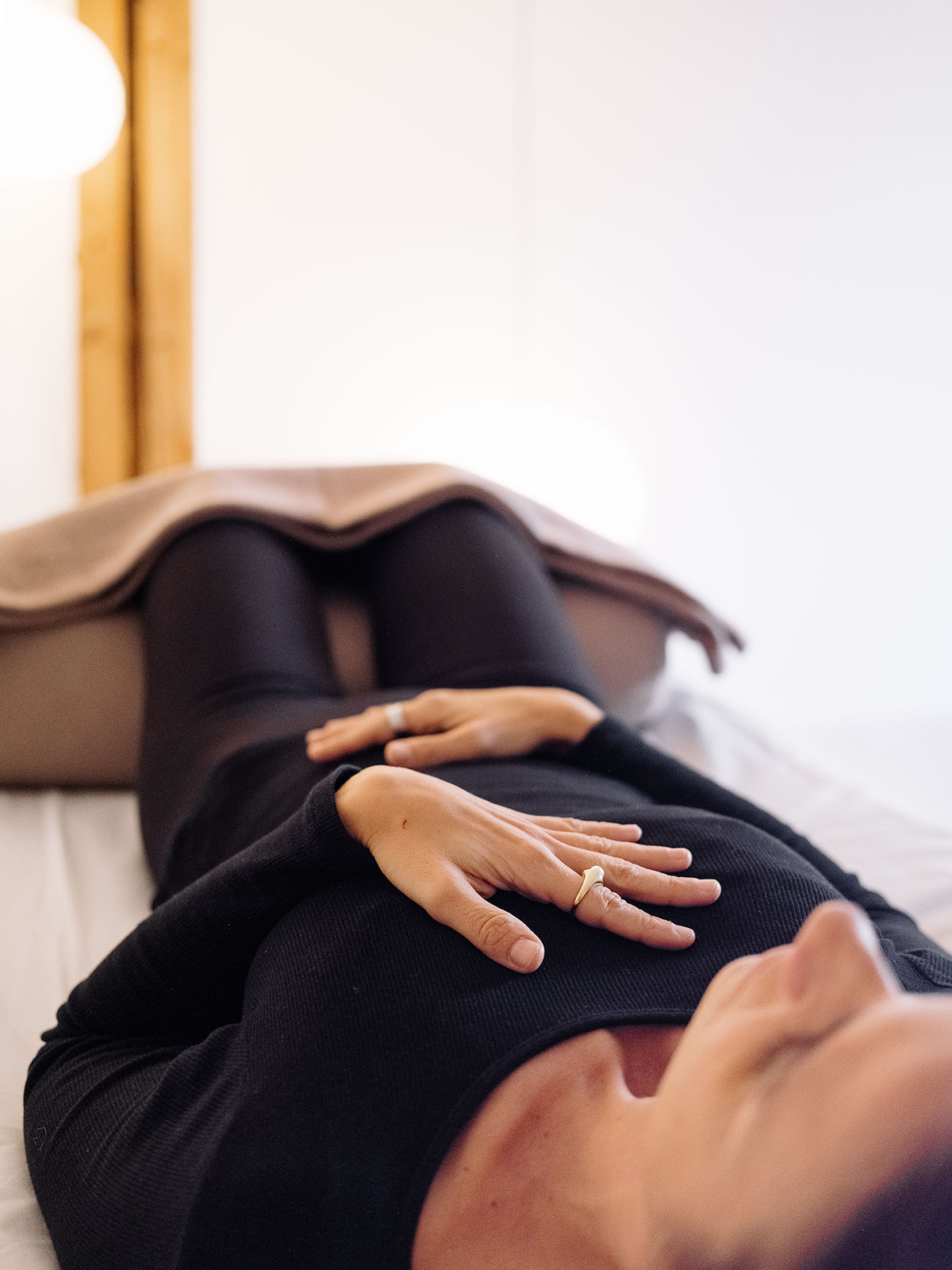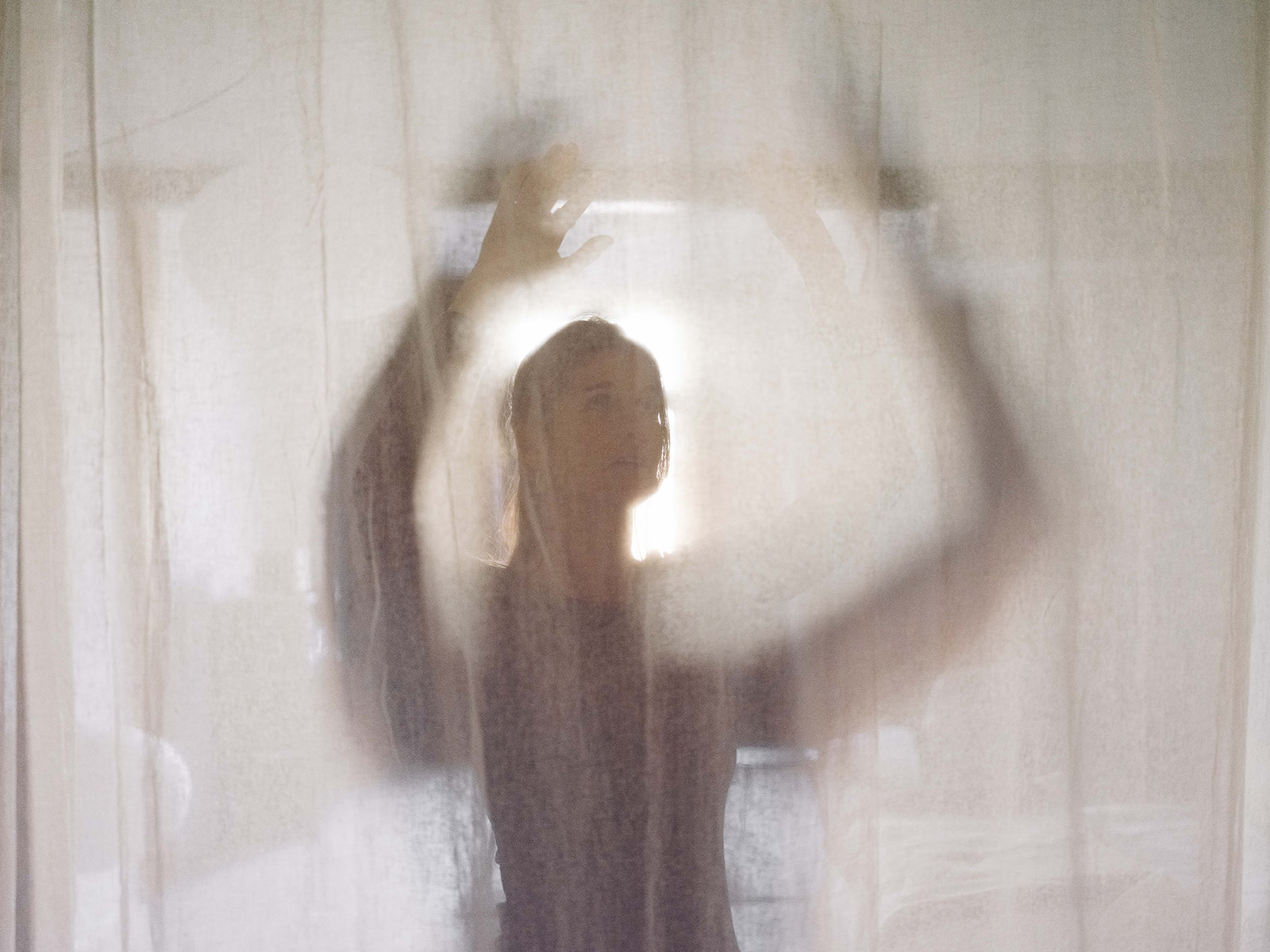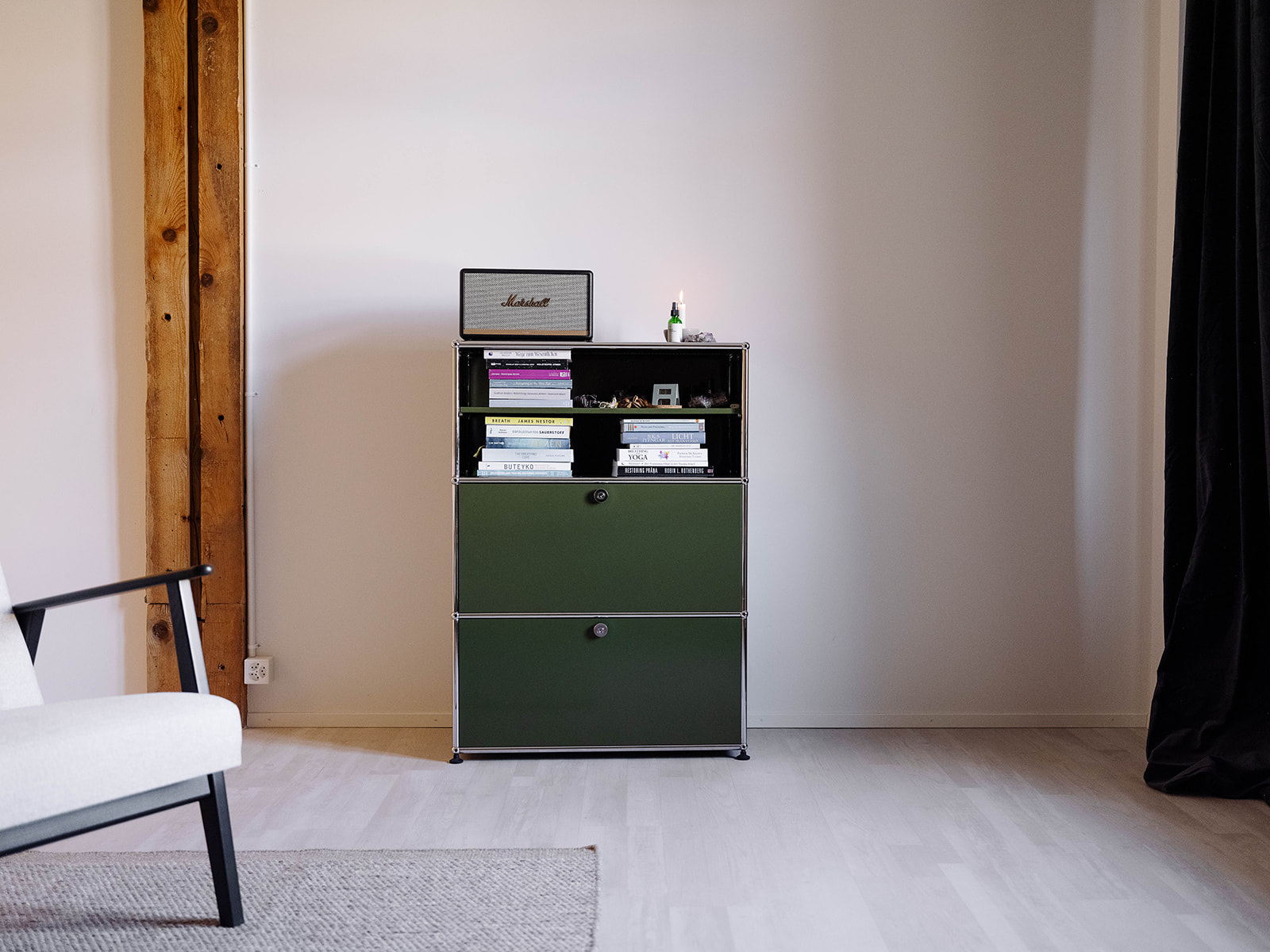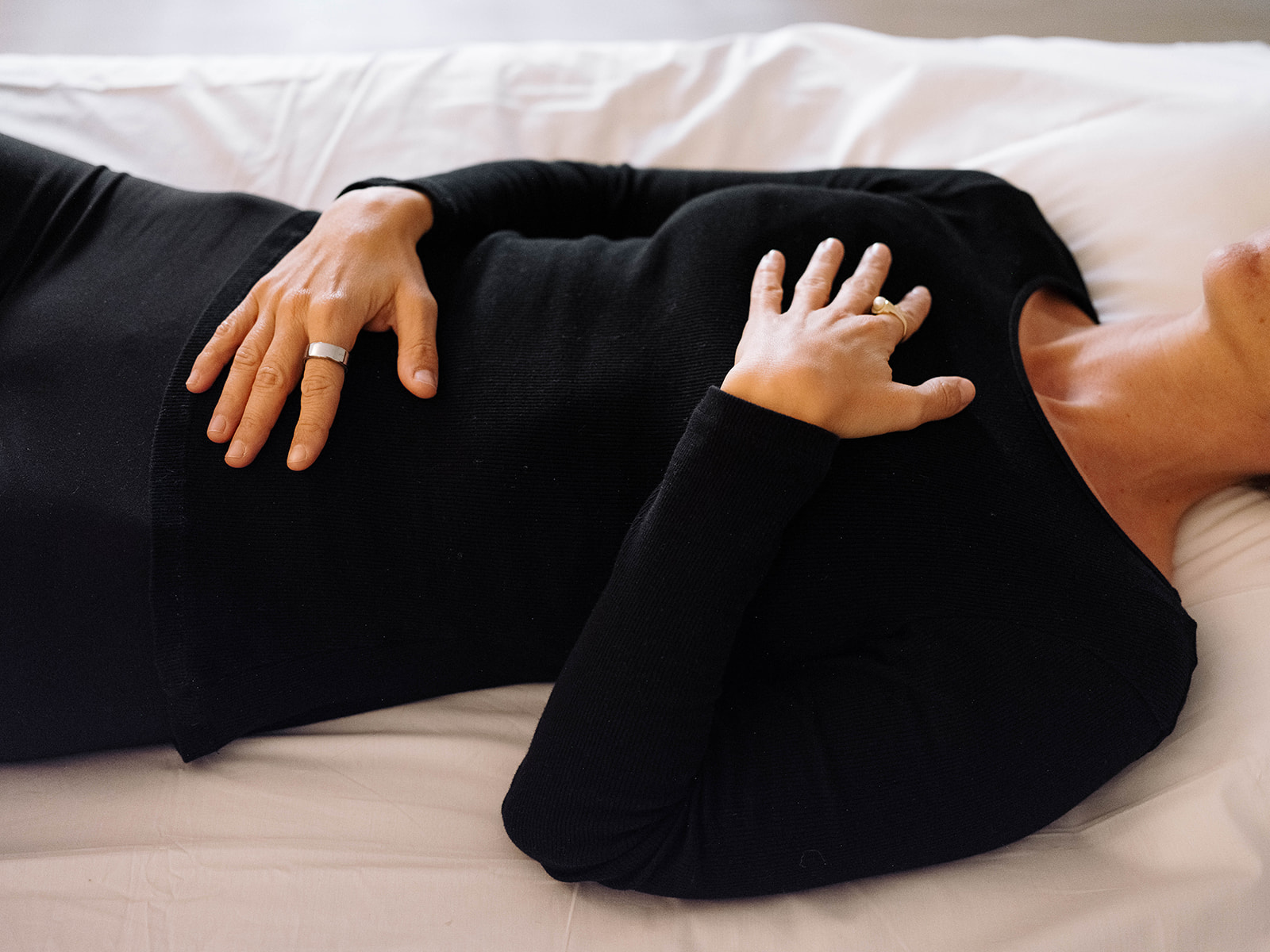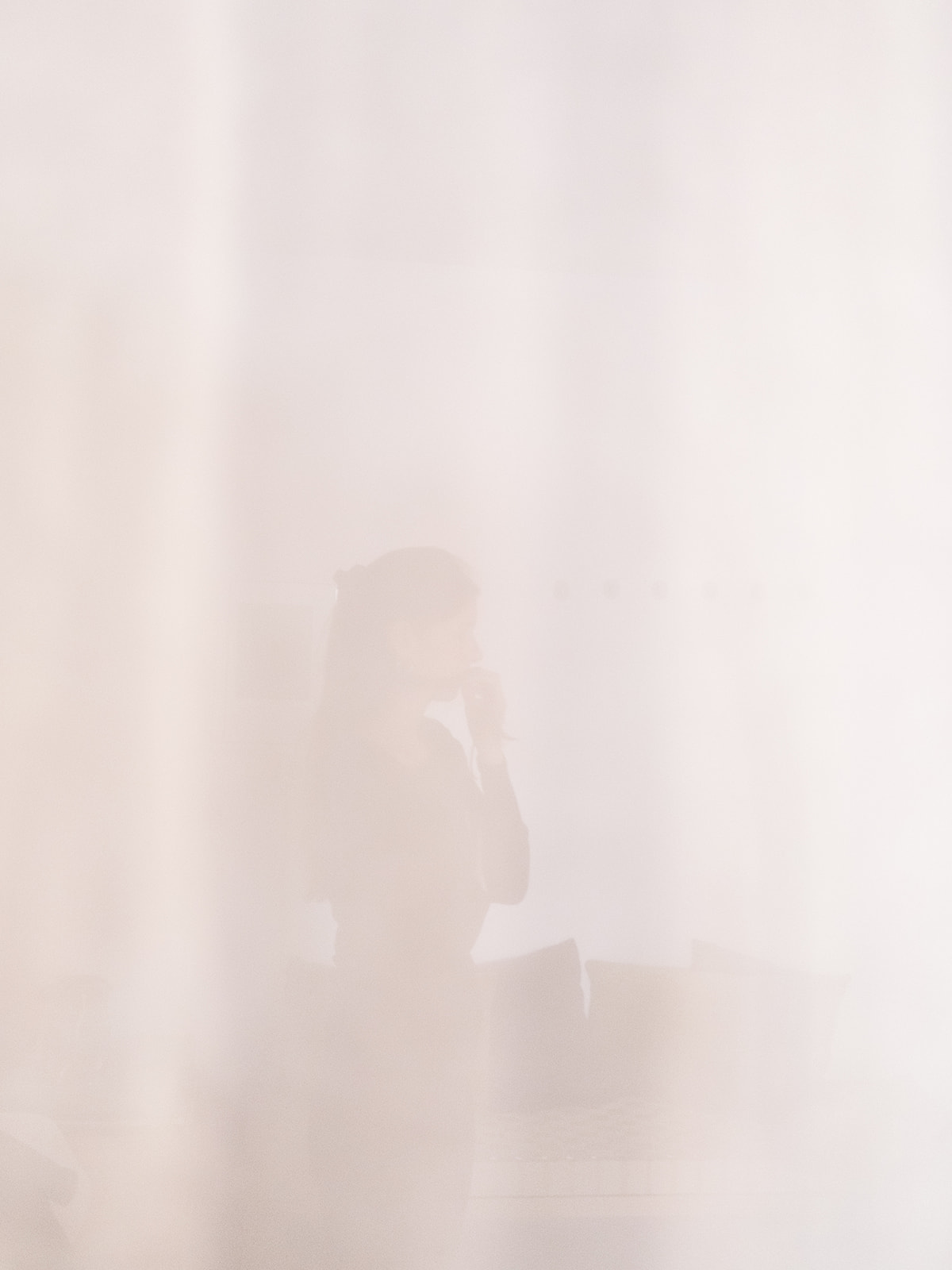Comparing Breathwork Techniques: Which One Is Right for You?
3 main types of breathing techniques
There are many breathing techniques and even more styles of teaching them. Whether you are in a class or practicing on your own, it is important to understand the 3 main categories of breathing types. It doesn’t matter if they are Pranayama techniques that are several thousand years old or a new age style like ecstatic breathwork. All of them can be classified into one of the following 3 genres.
Coffee Breath
PURPOSE: ENERGY BOOST
- 30+ breaths/minute
- Reduces CO2
- Raises blood PH slightly (more alkaline) = Detoxifying
- MIGHT RISE HEART RATE (BE AWARE AND DON’T PUSH TOO HARD)
- Slight increase in blood O2
- Seated or laying down
- When to practice: morning practice
Examples: Kapalabhati (Breath of fire), Wim Hof Method, Conscious Connected Breathwork
Water Breath
PURPOSE: EQUALISING
- 50% of “natural rate” but 2x the volume
- Aim is approximately 4-6 liters/min
- Nose-only breathing (if possible)
- Diaphragmatic breathing (DEEP BELLY BREATH)
- Tones your nervous system
- Seated
- When to practice: all day
Examples: Nadi Shodhana (alternated nostril breath), coherent diaphragm breathing, Buteyko exercises
Herbal Tea breath
PURPOSE: CALMING
- < 3 breaths per minute
- SLOW DOWN YOUR EXHALE 1:2 ratio
- Diaphragmatic breathing
- Nose-only or nose-to-mouth
- Seated or supine
- When to practice: Evening practice or when feeling overwhelmed / stressed
Examples: inhale 4 / exhale 8, Nadi Shodhana with a longer Exhale, Bumble Bee breath
Important to know
When practicing breathwork it is important to understand that a certain breathing exercise can activate you like a cup of coffee in the morning and another one can calm you down like a warm herbal tea in the evening. I want you to become familiar with the effects of each technique, to expand your toolbox. So that you know which breathing technique will support you best, when you are looking for a certain result.
Do you want to improve your physical and mental health by improving your breathing? I am here to support you and can help you to design a breathwork practice matching your type / situation.


